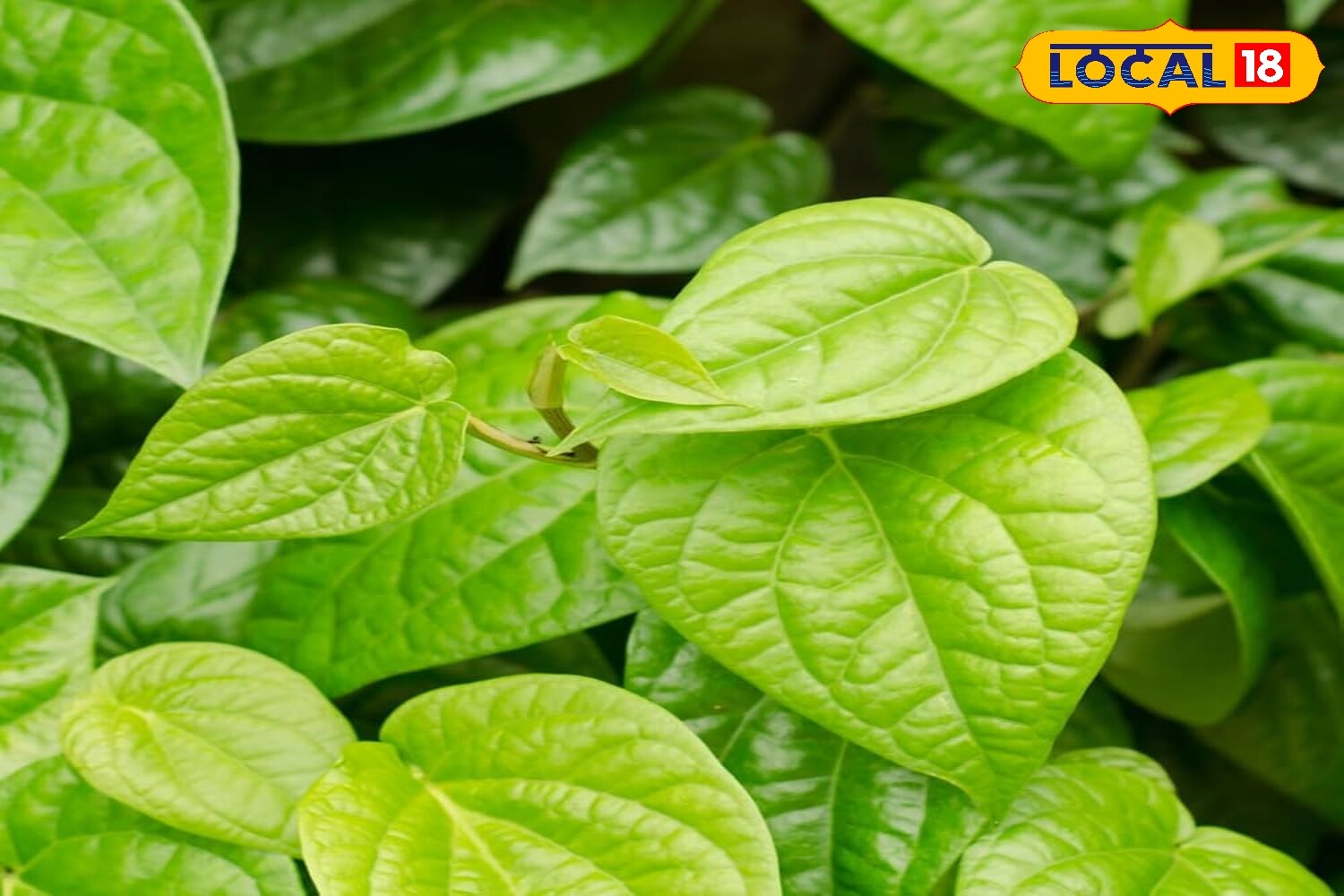
In Indian culture, the betel leaf isn’t just a plant—it’s a symbol of prosperity, tradition, and good fortune.

Used in rituals, weddings, and religious ceremonies, it holds an ancient significance while Ayurveda and modern science praise its healing properties.

Naturally rich in antibacterial, anti-inflammatory, and antioxidant compounds, betel leaves help fight infections, boost immunity, and may even slow cancer cell growth.

Ayurveda has long used betel leaves to ease cold, cough, sore throat, and bad breath, making it a trusted home remedy for centuries.

Chewing the leaf aids digestion, reduces acidity and gas, and acts as a natural mouth freshener thanks to its antibacterial properties.

Loaded with Vitamin C and antioxidants, betel leaves protect cells from free radical damage, slowing ageing and keeping the body healthy and youthful.

Growing a betel vine at home is simple! It prefers partial shade, can climb railings or walls, and adds natural beauty to your space.

Propagate the vine from a 5–6 inch cutting, plant in moist soil with compost, water regularly, protect from direct sun, and treat pests naturally with neem water.

More than tradition, the betel leaf brings health, positivity, and natural beauty into our lives—connecting culture, wellness, and nature.
Go to Source
Author: News18


)
